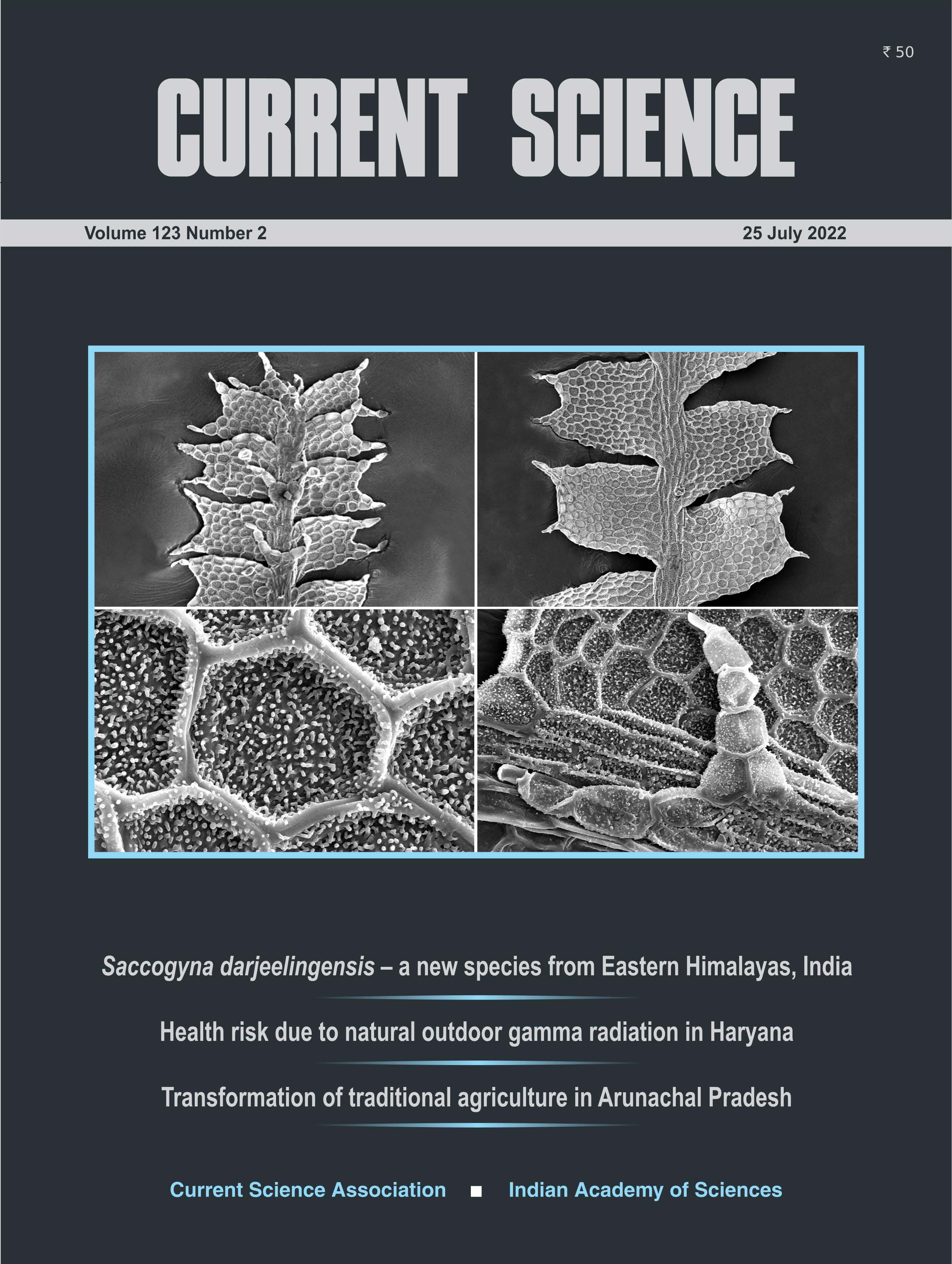Knowledge Hub

Al2O3-Coated Fe3O4/Graphene/Tio2 Hybrid Nanocomposite Mixture as Anode Material for Lithium-Ion Batteries
2022
Author(s): Saravanakumar K, Isaac J S, Rajesh R
In this study, The authors have developed a microwave-assisted hydrothermal method to make a Fe3O4/graphene/TiO2 nanocomposite mixture coated with Al2O3 (FGT-Al) for a lithium-ion battery.

Artificial Intelligence Based Brake Blended System for Electric Vehicle
2022
Author(s): Narendra PL
The present study was carried out based on a hypothesis which evaluated public health risks associated with the quiet nature of electric vehicles from the driver’s gender and age perspective. In addition, the ANOVA study was carried out to test the statistical significance of risk with respect to age, gender, vehicle usage, driving experience.
This research and reference text provides an introduction to battery fundamentals, exploring some of the state-of-the-art characterisation methods currently employed by the energy storage community.

GHG Emission Reduction Potential of Road Freight Transport by Using Battery Electric Trucks in Finland and Switzerland
2023
Author(s): Samet M J, Liimatainen H, Vliet O P R V
This study examines the possibility of reaching the ambitious targets in road freight transport by using BE MDTs and HDTs, while taking into account the life cycle emissions.

A Study of Smart Charging Scheduling Strategy for Electric Vehicles Using Vehicle AD HOC Network
2022
Author(s): Ramkumar D
The study proposes a smart charging scheduling strategy meant for electric vehicles by employing Vehicle Ad Hoc Networks (VANET). The suggested smart change strategy identifies optimum charging stations for EVs so as to confirm minimum waiting, charging, and travel times.
From basics to commercial applications, Flow Batteries covers the main aspects and recent developments of (Redox) Flow Batteries, from the electrochemical fundamentals and the materials used to their characterization and technical application.
A Feasibility Analysis on Adopting Electric Vehicles in the Short Food Supply Chain Based on GHG Emissions and Economic Costs Estimations
2023
Author(s): Galati A, Adamashvili N, Crescimanno M
This study aimed to investigate the economic costs of battery electric vehicle adoption in the short food supply chain and its impact on the environment in terms of greenhouse gas emissions when compared to corresponding petrol-powered vehicles.

Energy Simulation of Electric Vehicle for a Given Source and Destination to Reduce Driver Anxiety
2022
Author(s): Hariharan C
The objective of this research work is to (a) develop a model for optimizing HVAC energy in an electric vehicle, (b) create a simulation model for predicting the traction energy and HVAC system energy consumption along with the travelling route, and (c) conduct experimental studies to validate the simulation model.

Certain Investigations on the Improvement of Hybrid Electric Vehicle Performance through System Optimization
2020
Author(s): Gowrishankar T
In this research, an analysis on Parallel HEV to reduce fuel usage and improve emission control performance, in addition to optimizing the size of its key components has been performed. The optimization of the parallel HEV is performed using both the analytical and heuristic approach and their pros and cons were discussed.

E-Mobility: Hindrances and Motivators for Policies Implementation in India
2023
Author(s): Arora S, Gargava P
This study was carried out to quantify India’s present trend in adopting EVs over conventional vehicles, benefits of switching to EVs and modification in other transport polices for reducing GHG emissions and major challenges in implementation of EV policies on ground.



